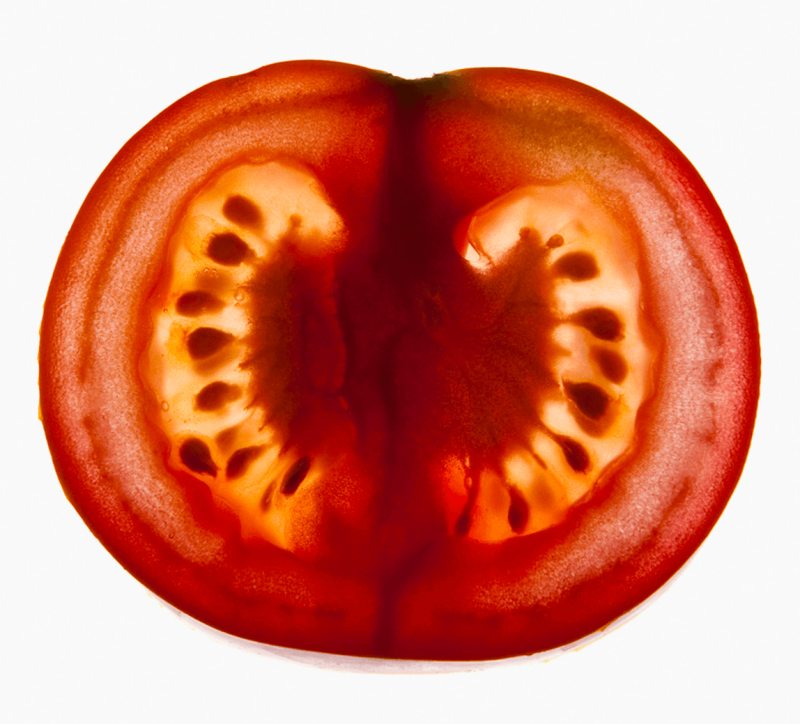Don’t like the seeds in tomatoes? You might be pleased to know that seedless ones have been created by gene editing.
The technique will make it possible to make a much wider range of seedless fruits than is currently available – and also means farmers might not have to rely on declining bee populations. Whether we ever see such fruits on supermarket shelves, however, may depend on how regulators decide to treat gene-edited crops.
Several types of seedless fruits, from bananas to cucumbers to grapes, are already widely available, but many have come about by luck rather than design. Seedless bananas are the result of accidental crosses between subspecies, for instance, while other seedless fruits stem from spontaneous mutations. There are a few seedless varieties of tomato, but they have taken breeders many years to create.
Now Keishi Osakabe at Tokushima University in Japan and his colleagues have used the CRISPR gene-editing technique to deliberately introduce a mutation that makes tomatoes seedless. The mutation increases levels of a hormone called auxin, which stimulates fruits to develop even though no seeds have begun to form.
The GLP aggregated and excerpted this blog/article to reflect the diversity of news, opinion, and analysis. Read full, original post: Gene editing opens doors to seedless fruit with no need for bees
For more background on the Genetic Literacy Project, read GLP on Wikipedia































